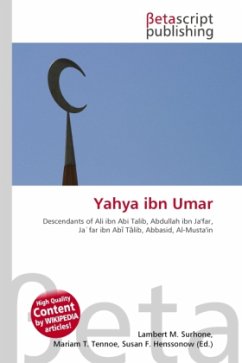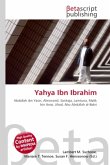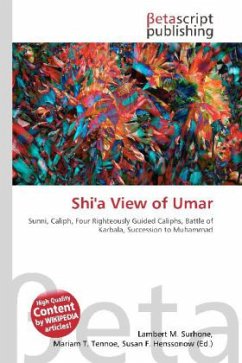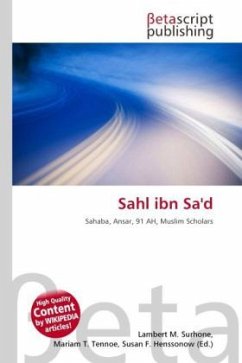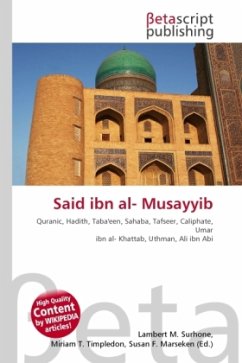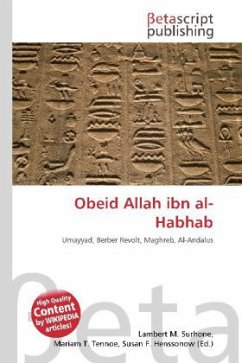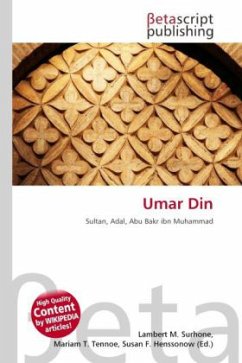High Quality Content by WIKIPEDIA articles! Yahya ibn Umar ibn al-Husayn (alternatively ibn Yahya) ibn Zayd (alternatively ibn Husayn) ibn Ali (alternatively ibn Zayd) ibn al-Husayn ibn Ali ibn Abi Talib was an Alid Imam. His mother was Umm al-Husayn Fatimah bint al-Husayn ibn Abdallah ibn Ismail ibn Abdullah ibn Ja'far ibn Ab T lib. In the days of the Abbasid Caliph Al-Musta'in, he marched out from Kufa and lead an abortive uprising from Kufa in 250 A.H. (864-65 C.E.), but was killed by the Abbasid forces lead by Hussain ibn Isma'il, who had been sent to deal with him. Al-Masudi mentions that many elegies were written for Yahya, and that he had recorded some of them in his Kitab al-Awsat (The Middle Book). But in his book The Meadows of Gold, it is the elegy by Ibn Abi Tahir Tayfur (which Al-Masudi alone had preserved) that he gives pride of place. Ibn Abi Tahir's elegy on the crucified Shiite rebel is composed of 14 lines and the poem was possibly recited in Samarra, where Yahya's head was displayed, or else before the large crowds that are known to have gathered in Baghdad.
Bitte wählen Sie Ihr Anliegen aus.
Rechnungen
Retourenschein anfordern
Bestellstatus
Storno

